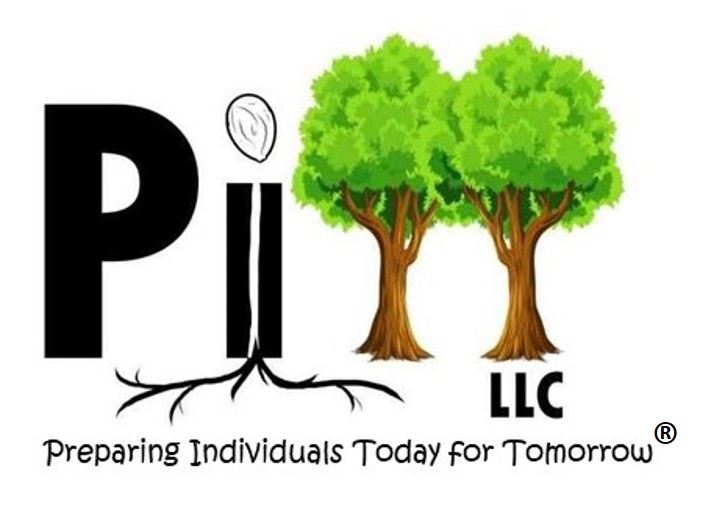Talk therapy is the best way to take care of your mental health involving a variety of treatments used for mental, emotional, personality, and behavior concerns. Talk therapy has been shown to improve emotional and psychological well-being and is linked with positive changes in the brain and body. By learning how to talk about your mental or emotional state in a safe space, you can learn to cope with your mental health conditions allowing you enhance your self-awareness and the way you communicate. This will gradually improve your personal and professional relationships improving your overall quality of life.
All of our professionals hold a master’s degree in psychology, social work, or counseling. Providers include Licensed Professional Counselors (LPC), Licensed Clinical Social Workers (LCSW), and Licensed Psychologist (PsyD). Our providers will use techniques such as discussion, listening, cognitive reframing, exposure therapy, journaling, empathy, and constructive confrontation to create a trusted environment for you or your child.
The two-talk therapy methods PITT, LLC uses are:
What is the difference between counseling and Cognitive Behavior Therapy (CBT)?
Counseling typically focuses on a specific issue and considered short-term treatment learning coping skills and problem-solving together. Cognitive Behavior Therapy (CBT) has a broader area of treatment with goals to help people learn to cope with and better manage responses to life’s stresses.
CBT is designed to help a person understand and change patterns of behavior that create boundaries when achieving personal goals, having satisfying relationships, and feeling fulfilled.
Cognitive Behavioral Therapy
Cognitive Behavioral Therapy, or CBT is a short-term, problem-focused form of behavioral treatment that helps people see the difference between beliefs, thoughts and feelings, and free them from unhelpful patterns of behavior.
CBT is grounded in the belief that it is a person’s perception of events – rather than the events themselves – that determines how he or she will feel and act in response.
CBT can help with:
- Depression
- Anxiety
- Panic attacks
- Phobias
- Obsessive compulsive disorders (OCD)
- Posttraumatic stress disorder (PTSD)
- Substance dependency
- Persistent pain
- Disordered eating
- Sexual issues
- Anger management issues
Most people with clearly defined behavioral and emotional concerns tend to reap the benefits of CBT. If any of the above issues resonate with you, I encourage you to try cognitive behavioral therapy.
With CBT, you’ll be able to adjust the thoughts that directly influence your emotions and behavior. This adjustment process is referred to as cognitive reconstructing, which happens through different CBT techniques.
Some CBT techniques are:
- Journaling
- Challenging beliefs
- Relaxation
- Meditation
- Mindfulness
- Social, physical and thinking exercises
Cognitive behavioral therapy is much more than sitting and talking about whatever comes to mind during a session. CBT sessions are structured to ensure that the therapist and the person in treatment are focused on the different goals of each session, which in turn ensures that each and every session is productive.
Sessions will take place with a licensed provider (LCSW, LPC) and will focus on exploring a person’s thoughts, feelings, and behaviors to build a healthy thinking style and positive behaviors.
Counseling
Counselling is a talking therapy that involves a provider listening to you and helping you find ways to deal with emotional issues. The provider will develop a relationship with the individual that empowers them to accomplish mental health and wellness, education, and career goals.
A professional assistance in coping with personal problems including emotional, behavioral, vocational, educational, rehabilitation, and life stage problems. Counseling can be an effective way to address and improve symptoms of mental health conditions like anxiety and depression, as well as a way for individuals who haven’t been diagnosed with a mental health condition to explore their feelings more deeply and develop helpful coping skills.
Some Counseling techniques are:
- active listening and observing
- Asking questions
- reflection
- Advice
- Discussion
- clarification focusing on identifying goals and potential solutions to emotional problems
- improve coping skills
- self-esteem
- promote positive behavior changes.
Sessions will take place with a master’s degree in psychology, social work, or counseling. Providers may include Licensed Professional Counselors (LPC), and Licensed Clinical Social Workers (LCSW).
If you or someone you know could benefit from Talk Therapy, please contact us today. We would be happy to discuss how our services can help you.

